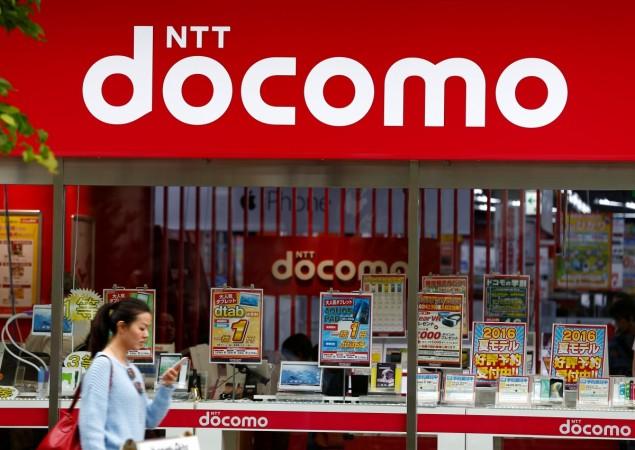
The Delhi High Court cleared the RBI hurdle for the implementation of $1.18-billion arbitration award in the dispute between Tata Sons and NTT Docomo in their joint venture Tata Teleservices. The Reserve Bank of India (RBI) had raised objections to the payment by Tata Sons to the Japanese company to honour a shareholding agreement.
The Tata Group welcomed the court's decision in a statement. "Tata Sons welcomes the order of the Delhi High Court today, allowing the company and NTT Docomo to implement the 22nd June, 2016, London Court of International Arbitration (LCIA) Award," it said on the group's website.
Here is a background of the Tata Sons-Docomo deal and the subsequent dispute:
March 2009
NTT Docomo picks up 26.5 percent stake in Tata Teleservices, marking its entry into India's booming telecom services sector. The investment was valued at $2.6 billion.
The shareholder agreement between the two entities provided for an exit option for Docomo if Tata Teleservices failed to meet performance targets at the end of every financial year.
The shareholding agreement also envisaged that should Docomo exit from Tata Teleservices within five years, the Tatas would be duty-bound to find a buyer to purchase Docomo's stake at price equivalent to the fair value of those shares as on March 31, 2014.
In the event of nobody willing to buy Docomo's stake, the Tatas had to acquire it at half the acquisition price ($2.6 billion) paid by Docomo, which came to around Rs 7,250 crore.
April/July 2014
Docomo decides to exit from the joint venture and informs Tata Sons of its decision three months later, in July.
November 2014
Tata Sons seeks RBI's nod to acquire Docomo's stake at the agreed price (of Rs 58.05 per share)
January 2015
The Tatas could not find a buyer and also expressed inability to acquire Docomo's stake, citing RBI rules, forcing Docomo to go for arbitration in London, in January 2015.
February 2015
RBI declines approval to Tata Sons for acquiring the stake.
June 2016
The London Court of International Arbitration (LCIA) rules in favour of Docomo, directing Tata Sons to pay $1.17 billion to the Japanese company.
July 2016
Tata Sons again approaches RBI to comply with the LCIA award, but the apex bank refuses. Docomo moves the Delhi High Court, seeking its intervention in enforcing the LCIA award. Meanwhile, Tata Sons deposits $1.17 billion with the Delhi High Court. Two months later, it files an affidavit citing RBI provisions in its inability to comply with the LCIA award.
October 2016
The RBI files an application in the Delhi High Court, asking the court to be a party to the dispute. Two months later, the court issues notices to Tata Sons and Docomo, seeking their responses.
March 2017
The Delhi High Court rejects RBI's plea to look at the dispute afresh. Justice S Muralidhar says, "...there is no point in going over it all over again. RBI has already undertaken the exercise (of looking into the award) twice over. It might be better to tell the court, whether there is any statutory provision or regulation barring transfer of money overseas under the award." The court reserved its judgment after hearing all the three sides.
April 28, 2017
The Delhi High Court rejects RBI's intervention in the case, paving the way for Tata Sons to honour its commitment.
Tata Sons statement
Tata Sons welcomes the order of the Delhi High Court today, allowing the company and NTT Docomo to implement the 22nd June, 2016, London Court of International Arbitration (LCIA) Award.
The Court allowed both the enforcement of the Award and implementation of the Consent Terms between the two entities. Tata Sons and NTT Docomo are taking further steps in terms of the order.
The Court noted that the Shareholders' Agreement and the Arbitration Award were not opposed to any provision of Indian law or public policy. The Consent Terms too were not contrary to any Indian law, the order stated.
The Court held that Tata Sons honouring its commitment "will have a bearing on its goodwill and reputation in the international arena."
The Court went to hold, "It will indubitably have an impact on the foreign direct investment inflows and the strategic relationship between the countries where the parties to a contract are located."
Tata Sons had announced in February this year that it had reached an agreement with NTT DOCOMO. Today's order entails Tata Sons and its nominees remitting the $1.18 billion, already deposited with the Registrar of the Delhi High Court, to DOCOMO, and DOCOMO transferring all its shares in Tata Teleservices Limited.













